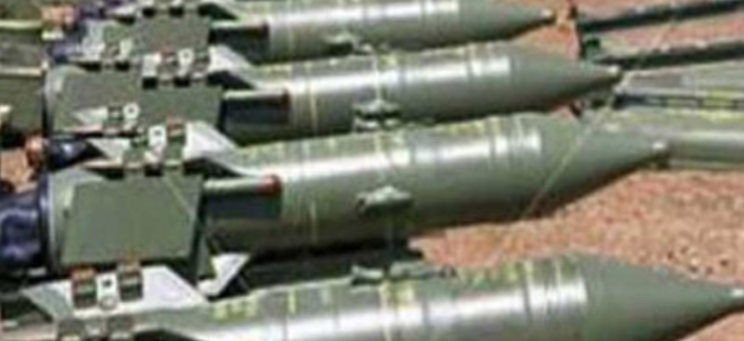Reports Shows Backroom German Arms Sales To Saudi Arabia Despite 2018 Weapons Sale Ban
An investigation conducted by the German magazine “Der Spiegel” revealed that Saudi Arabia was able to obtain weapons through a German company.
According to the investigation, it is related to the radars installed in the border area with Yemen, in addition to various weapons and military vehicles.
The documents also revealed that the German federal government owns about a quarter of the company that exported the weapons.
According to the investigation, the matter began through contacts made between the Saudi government and the German company, Hensoldt, based in Bavaria, where a number of deals between the German company and Saudi Arabia were monitored, some of which were conducted secretly.
On September 24, 2020, enthusiasm prevailed in the German company, as communication was made between Riyadh and the executive management, to obtain radars of a special kind.
The documents obtained by the German magazine talk about providing Saudi Arabia with vehicles for the Saudi special forces, as well as surveillance technology and radars for minesweepers and border guards. Hensoldt also showed the Saudi General Intelligence Service a system to counter drones.
How can a German company be so active in its trade with Saudi Arabia, despite an export ban in the country since 2018? Why is a group of all companies, about a quarter of which are owned by the federal government, dealing with Saudi Arabia?
According to the investigations, it appears that Hensoldt took some difficult ways to get around the strict regulations. It seems that the assertion of economic interests against political principles was stronger than prevention, as the German magazine saw.
The documents, on the other hand, reveal how Hensoldt has been eagerly trying to get new orders from Saudi Arabia – including through production facilities in the UK and South Africa, where German export regulations do not apply.
The documents were provided to Spiegel by specialized hackers, and the magazine confirmed that it did not pay for these documents and that it decided to publish them after consulting with the authorities for the public interest

